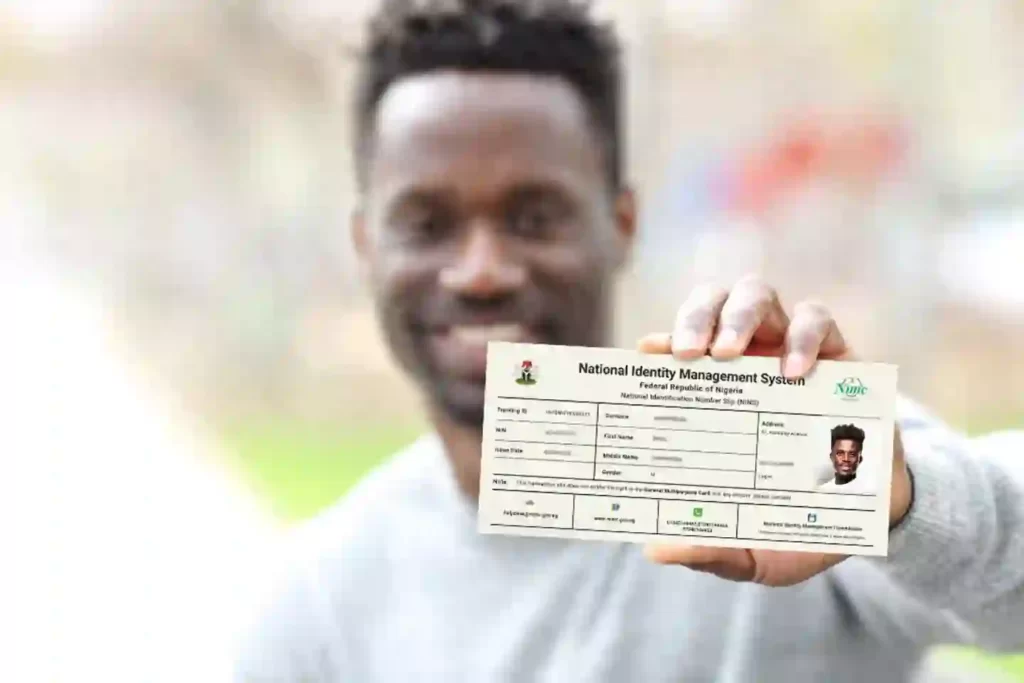
BACKGROUND
- By April 5 2022, a total of 73 million active mobile lines in Nigeria (out of a total of 198,123,431 active mobile lines in the country) stopped working. They can receive calls but cannot make them.
- March 31 2022 turned out to be the deadline of deadlines – it was the deadline before the cutting-off finally took place.
- After months of repeated extensions of deadline, the federal government finally on Monday, April 4 ordered telecommunications companies to enforce compliance with its National Identification Number-Subscriber Identity Module policy.
- Before the nail was hammered, however, over 125 million SIM cards had—as at the time—had their NINs submitted for immediate linkage, verification, and authentication and the National Identity Management Commission (NIMC) had issued over 78 million unique NINs.
- Following this chain of events, on Wednesday, April 6, NIMC announced that it has over 15,000 centres (including private locations licensed by NIMC) in the country where Nigerians and others could enroll for the National Identification Number (NIN).
On the Surface
- The federal government’s decision to order telecoms companies to restrict outgoing calls for telephone lines yet to comply SIM-NIN linkage policy from April 4, 2022, is a good decision, but has implications on the economy.
- For a country whose economy, like many across the world, is driven by SMEs, blocking these sims would adversely impact many SMEs and their founders’ ability to add value to the over society.
- Doing this at a time like this might not be the best but we must weigh the conflict of economy vs security.
- Telecoms operators may experience losses at this moment due to the fact that people will not be able to place calls if their SIM cards are restricted. Reduced airtime and data purchases
- The directive will force Nigerians who are yet to register their NINs—and link their NINs to their SIM cards—to do so.
- If followed to the letter, it might indirectly improve security in the country, adding that it can help in tracing calls made from a registered SIMs.
- It is difficult to trace a call from an unregistered SIM, but if all SIM cards are registered and linked to NIN, it will be easier to trace the call.
Concerns & Recommendations
- Lack of Data Aggregation: A lot of data collection, with no aggregation – passport, driver’s licence, voter’s card, among others
RECOMMENDATIONS:
- We need to synchronise the format of data collection.
- There must be a handshake across all MDAs concerned.
- Data security: It is one thing to collect data; it is another to keep it security while also ensuring it does not get into wrong hands or even lost.
RECOMMENDATIONS:
- Compliance with the Nigerian Data Protection Regulation (NDPR) must be ensured.
- There must be due and adequate repercussions in the case of data breach.
- We must reequip appropriate agencies with infrastructure to hold and secure this data.
- Crime: The rise of a trend where kidnappers and other criminal elements use victim’s numbers to call.
- The situation has become dicey, as there have been accusations and counter-accusations among telecoms operators and security operatives as regards the usage of subscribers’ data in rescue mission.
RECOMMENDATIONS:
- Telecoms operators can trace the geo-location of the phone, from where calls are made with the particular phone and provide the information to security agents for prompt action.
- Security agencies must be up to their calling and collaborate with telcos and others agencies with access to relevant data
- The bureaucracy that might surround the process of accessing data for urgent, provable and authentic security needs must be reduced
- Security experts must be brought up to speed with the latest relevant tech trends and tools to fight crime with data and intelligence
- Systems must be put in place to ensure that the NIN-SIM connection truly serves to improve the state of security in the country.
- When the fault is from NIMC:
- Some subscribers have linked their SIMs but verifications are yet to come from the NIMC.
- There have also been issues around irregular NIN and data integration challenges
- Failure of the self-help USSDs code and other platforms set up to ease registration
- People having to make unauthorised payments of different amounts to government officials
RECOMMENDATIONS:
- NIMC’s capacity to accommodate those in these categories as well as other Nigerians who are yet to register their NINs must be boosted.
- Reports of payment for NIN registrations should be looked into. NIMC official culpable should be sanctioned and prosecuted
- Telcos should increase their sentisation messages to encourage the use of online channels to connect sims in order to reduce overcrowding.


